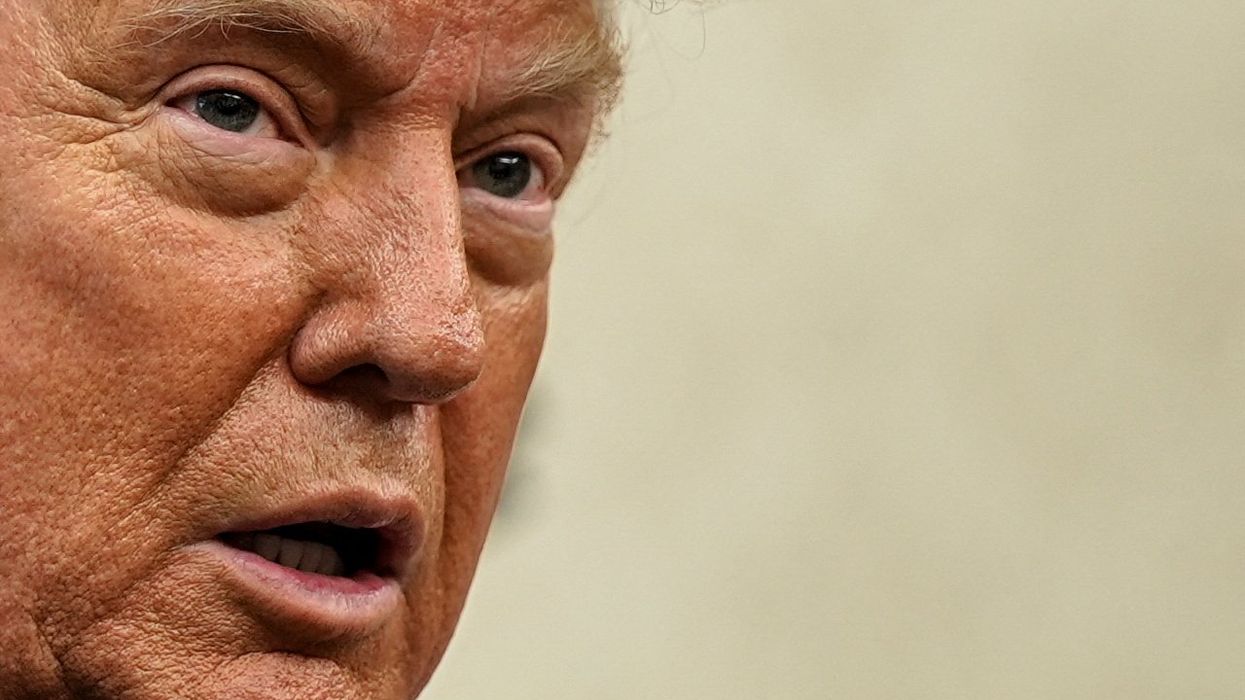President Donald Trump’s political resilience — undermined by the Access Hollywood tape, two impeachments, looming investigations, and even a felony conviction — has again been called into question, this time by his dismissal of conspiracy theories related to convicted pedophile Jeffrey Epstein as “pretty boring stuff.”
But in an article for the New York Times published Sunday, journalist Matthew Walther argued that this retreat from Epstein-related myths is unlikely to hurt Trump’s standing.
Walther argues that despite the drumbeat of unsealed grand jury transcripts and renewed scrutiny, “I think this is rather unlikely” to damage Trump’s grip. He predicts that “Give it a week or a month or a year, and … any unsealed grand jury transcripts, will be forgotten by nearly everyone except his political opponents.”
READ MORE: Texas 'Republicans are sweating through their solid gold Trump pins' — here's why
He identifies two misconceptions about conspiracy theories in MAGA circles: They’re not fringe but part of standard political opposition. From former President Bill Clinton’s alleged cocaine smuggling to Barack Obama’s birther rumors, such conspiracies have been a go-to rhetorical device — “a graspable idiom … for expressing aspirations, anxieties and feelings of hopelessness. He further argued that they’re disposable tools — “frictionless fictions.” Once someone gains power, conspiratorial myths can be shelved “without major political cost," he said.
Walther sees Trump’s flip on Epstein as confirmation of this logic. Trump effectively said these theories “are for those out of power — Democrats like Representative Alexandria Ocasio‑Cortez … winners like him have better things to do.”
Yet Walther stresses that Trump’s retreat here is still “halfhearted” — his “closest [he’s] ever come to a betrayal — waffling on a cherished myth.”
The writer also addressed what he called “the ancient riddle of MAGA”: is Trump leading a real populist movement, or is he merely a “personality cult”?
Walther suggests the answer is ambiguous. Trump’s release of grand jury testimony — despite his public dismissal of Epstein sensationalism — “suggests that he is at least somewhat beholden to democratic forces beyond his control," according to the author.
"Epstein affair is an inflection point capable of answering the MAGA riddle definitively. But it does show us how frighteningly thin the border has become between politics and performance," Walther wrote.


